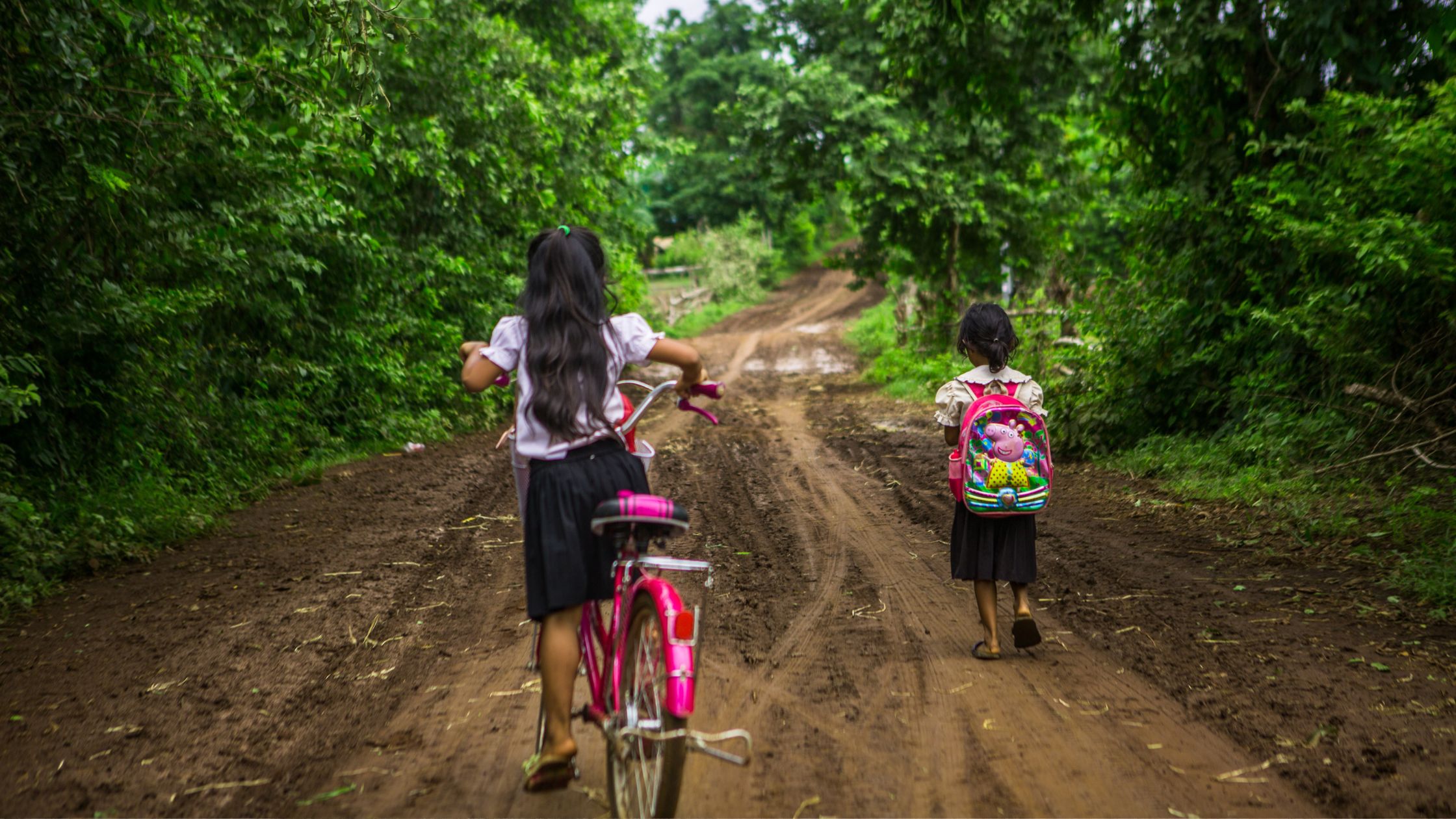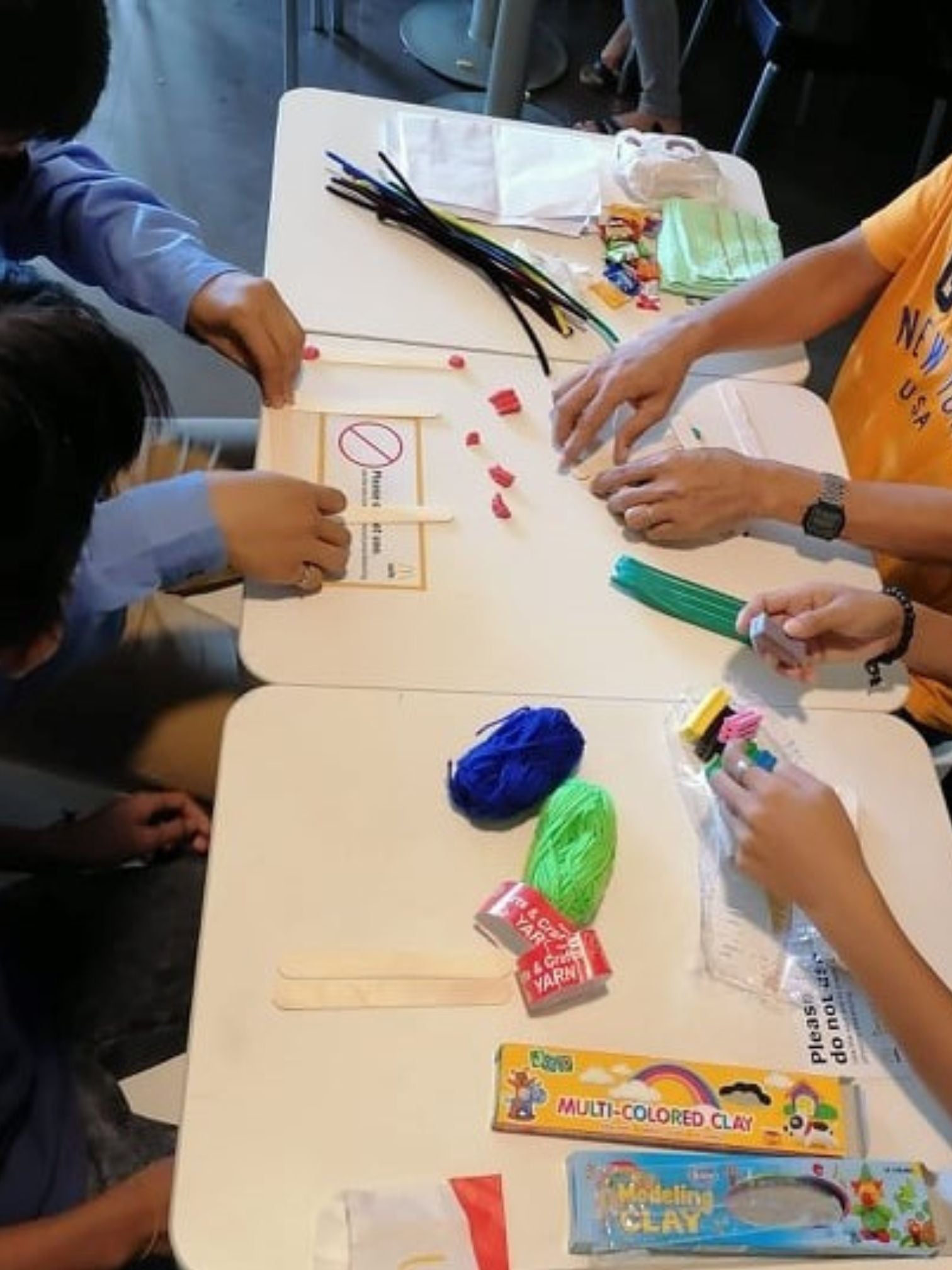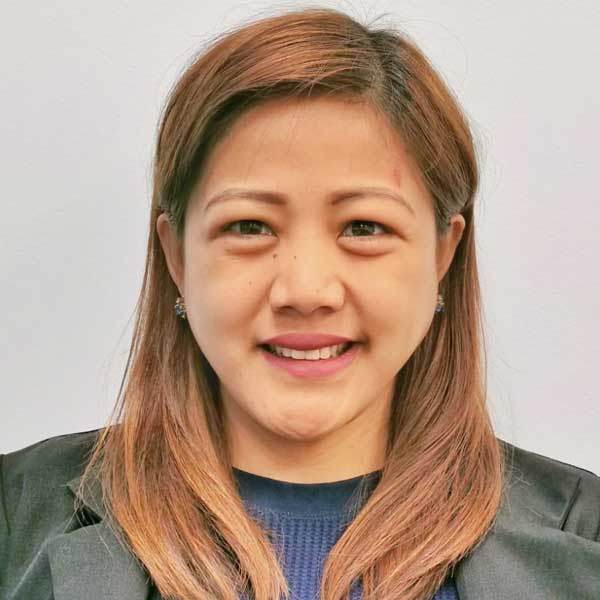
Trafficking Recovery Programs help Survivors and Families Heal & Hope Again
The family unit is typically thought of as a source of strength and stability, a protective place where children thrive and where our very identity is formed at an early age.
That is why betrayal by a family member, especially during childhood, cuts to our very core, causing the deepest pain and hurt imaginable. Unfortunately, that is exactly what happened to siblings Angel, Lark, and Kay*.
Living in a country notorious for trafficking of children—the Philippines—the three children were harmed by the one person they assumed loved them the most—their mother. It started with Angel, who was only five years old at the time when she became a victim of Online Sexual Abuse and Exploitation of Children (OSAEC) by her biological mother, who sold images and videos of her to foreign sexual predators. Because her sister Lark was two years old and considered to be at considerable risk of being victimized, and Kay was still in her mother’s womb, authorities moved in quickly.
“I was very young then and I did not understand what was happening. I was very fearful because suddenly there were police officers at our house. I was scared because I was handed over to strangers, social workers I just met!” recounts Angel of the day of her rescue in 2018.
When children are ripped from their homes, siblings and parents, it can feel like a second victimization. In fact, the family unit crumbled after the rescue operation. Their pregnant mother was incarcerated, Angel and Lark were brought to a residential facility for protective custody and later separated, and the 19-year-old biological father was left confused and helpless on how to handle the tragedy. The family disintegration caused emotional distress to all family members.
Livestreamed child sexual abuse and exploitation, a form of OSAEC, harms millions of innocent children worldwide annually while breaking their families apart.
Because it is an emerging child trafficking form largely facilitated by family members, in 2017 World Hope International started an anti-trafficking program in the Philippines to strengthen the systems for comprehensive care of OSAEC survivors.
WHI focuses on enhancing the capacity of aftercare service providers, mental health support for the recovery of child survivors, community awareness, and impactful research. A core piece of the program is rebuilding the family to facilitate full recovery. For children such as these three siblings, WHI works with a partner agency to secure a stable family placement. All the children were provided with basic needs, medical care, and educational support. They also underwent trauma intervention to process their experience and gain coping skills. Fortunately, for these children, a paternal aunt and her husband were deemed capable of providing a safe and healthy home for the children who were reunited five years after they were rescued. Their father now visits them regularly while their mother continues to serve her sentence.
The Long Road to Recovery
The path toward healing is never linear because of the complexity of the victimization experience within families. When abuse and exploitation happen within the home, the journey to recovery is an arduous one. In fact, it was later learned that the children’s mother was a child victim herself of OSAEC. In a recent study conducted by World Hope, OSAEC survivors had a higher mental health disturbance when the perpetrator was a family member.
WHI has served almost 300 OSAEC-impacted families in the country with its comprehensive reintegration program. Part of that work includes empowering non-perpetrating family members to mitigate adverse impacts of the family disruption to the children by providing them with opportunities and interventions.
WHI is courageously taking this stance because we believe that God’s heart for children is for them to grow in stable families as part of the overall healing process. We understand that a nurturing and supportive family environment is key to helping children and families recover and thrive. We also understand that “family” is not solely defined by biological ties but encompasses the concept of creating a loving and secure space for children to grow and develop. It is our hope and daily goal that these children and their families can and will experience a life filled with love, safety, and healthy growth. By investing in their recovery and providing ongoing support, WHI seeks to break the cycle of exploitation and create opportunities for these children to flourish and reach their full potential.
The three siblings are together and happily adjusting in their new home, under the stable care of their aunt and uncle where they are safe and loved. Angel recently told us that, “My dream is that I will be able to finish college. I also dream that my siblings finish their studies. I dream that our family will be complete—my mama, papa and my siblings.”

We are encouraged by stories like this one, but there is much to be done, as a staggering 20% of children aged 12-17 in the Philippines were victims of OSAEC in 20211. When scaled to the population that’s 2 million children. Moreover, the numbers of OSAEC victims around the globe is climbing.
We need your help and support to reach more children to support them through recovery and give each precious one a future filled with dignity and hope. Please consider supporting WHI Programs today.
*Names & images have been changed to protect identities
1 Disrupting Harm in the Philippines: Evidence on online child sexual exploitation and abuse.

